EXPERTS AGREE ON KEY ISSUES TO STREAMLINE PUBLIC TRANSPORT IN KAMPALA
PUBLISHED — 17th, June 2022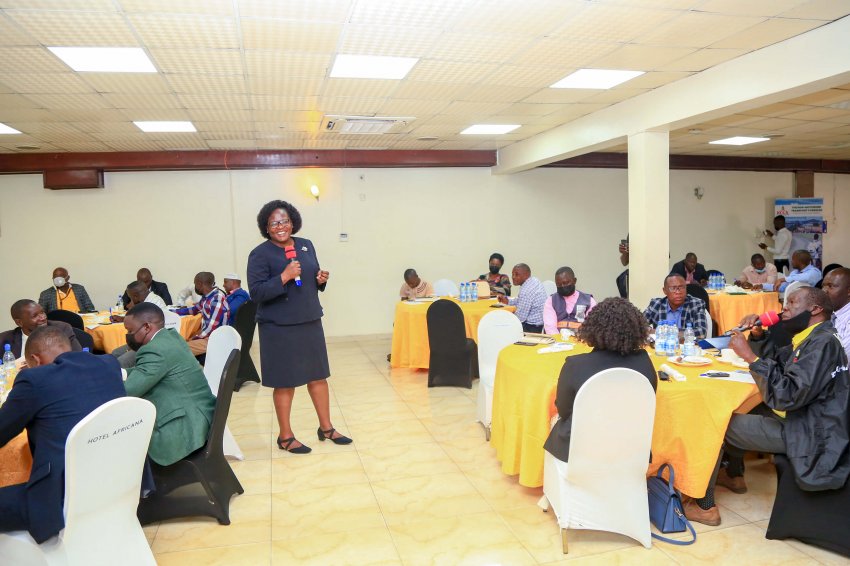
The journey to improving public transport system in Kampala is on course after key public transport experts met and agreed on key issues to streamline operations in the city.
Technical experts from Kampala Capital City Authority (KCCA), Ministry of Works and Transport, Uganda Police, Taxi operators, Boda Boda riders, Ministry of Local Government, and National Planning Authority (NPA) held this meeting of Friday at Hotel Africana.
The meeting was convened by the KCCA Executive Director Dorothy Kisaka to discuss public transport strategy for the city.
During this meeting, experts discussed the general overview of Kampala’s public transport sector, provided solutions and innovative policies for the transformation of public transport.
“This is just the beginning of a series of meetings of this nature where we shall do consultations and develop solutions that will enable us have a public transport system that works for all in the city,” Kisaka said.
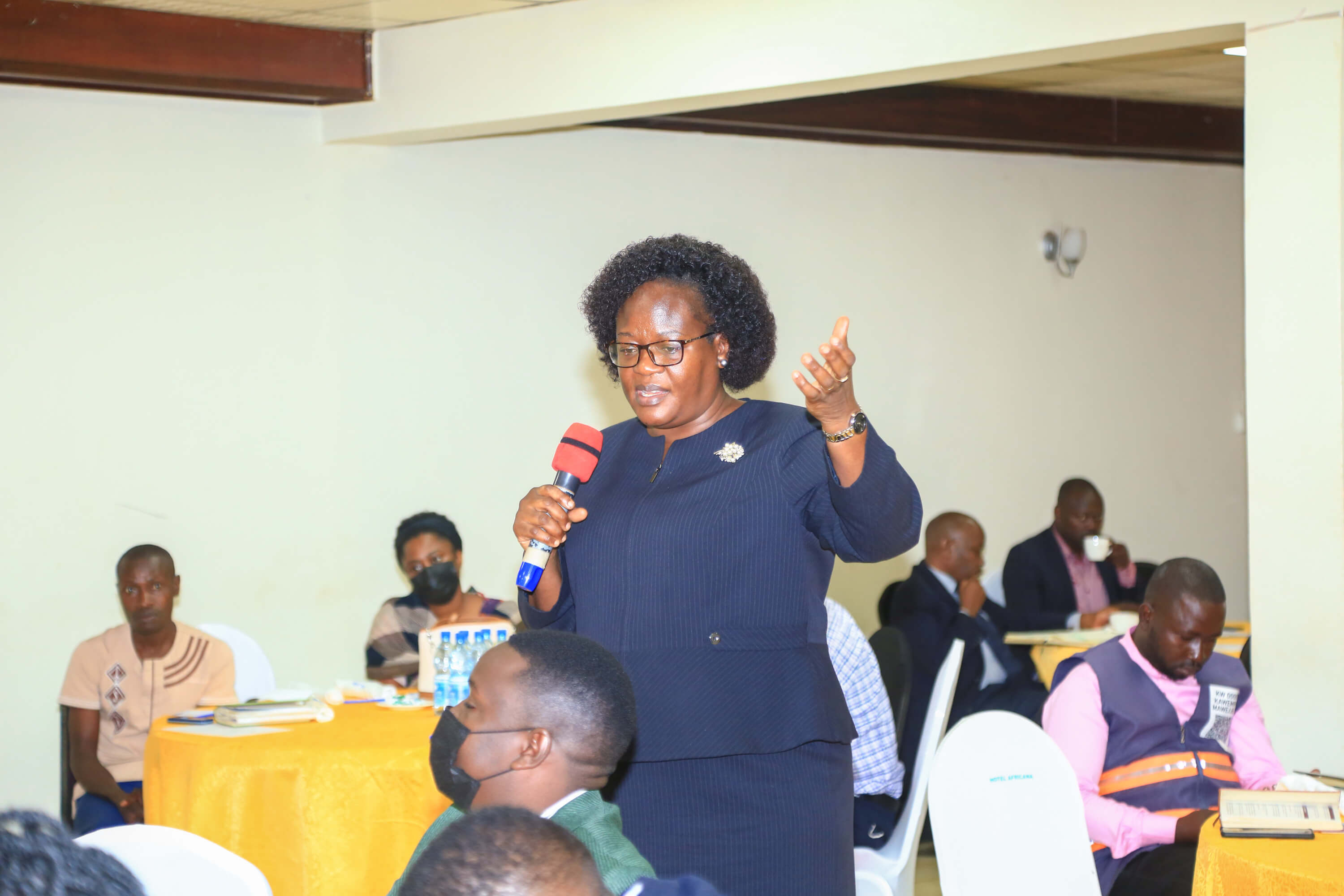
The meeting also identified the most pressing issues regarding public transport and suggested solutions. Among these issues are; the unregulated boda boda industry, accidents, traffic congestion, poor state of roads, deplorable vehicles, impunity among road users and leadership wrangles among others.
“We have identified the problems we are grappling with in Kampala which is a good starting point to solving the problem. As stakeholder we are putting our heads together to solve them,” Kisaka said.
KCCA is in the process of streamlining operations of the public transport in Kampala as a strategy to ensure a smart city.
Kisaka said in order to achieve this there is need for extensive stakeholder consultations and engagements.
She also revealed that authority council is working on the Public Transport Ordinance which will also help guide on implementation of public transport regulations on the city.
An estimated 1.5 million residents travel primarily using informal Matatus (15-seat mini-buses) and boda-bodas motorbike taxis that lack set routes, schedules, or standardized fares.
Pick-up and drop-off points shift sporadically, riders face long, unpredictable wait times in sweltering heat or heavy rain, and fares fluctuate as much as 100%.
The Kampala Metropolitan Police Traffic Commander Rogers Nsereko commended KCCA for initiating the consultative meeting and bringing everyone on board.
Nsereko called for a clear enforcement mechanism to be established with all key stakeholders represented and inter-agency arrangements or agreements in place.
“At the moment everyone is giving instructions on how public transport is handled, you hear instructions coming from left, write and center and we don’t know what to do. We need to become one voice and KCCA should take the lead and as police we will come and support,” Nsereko said.
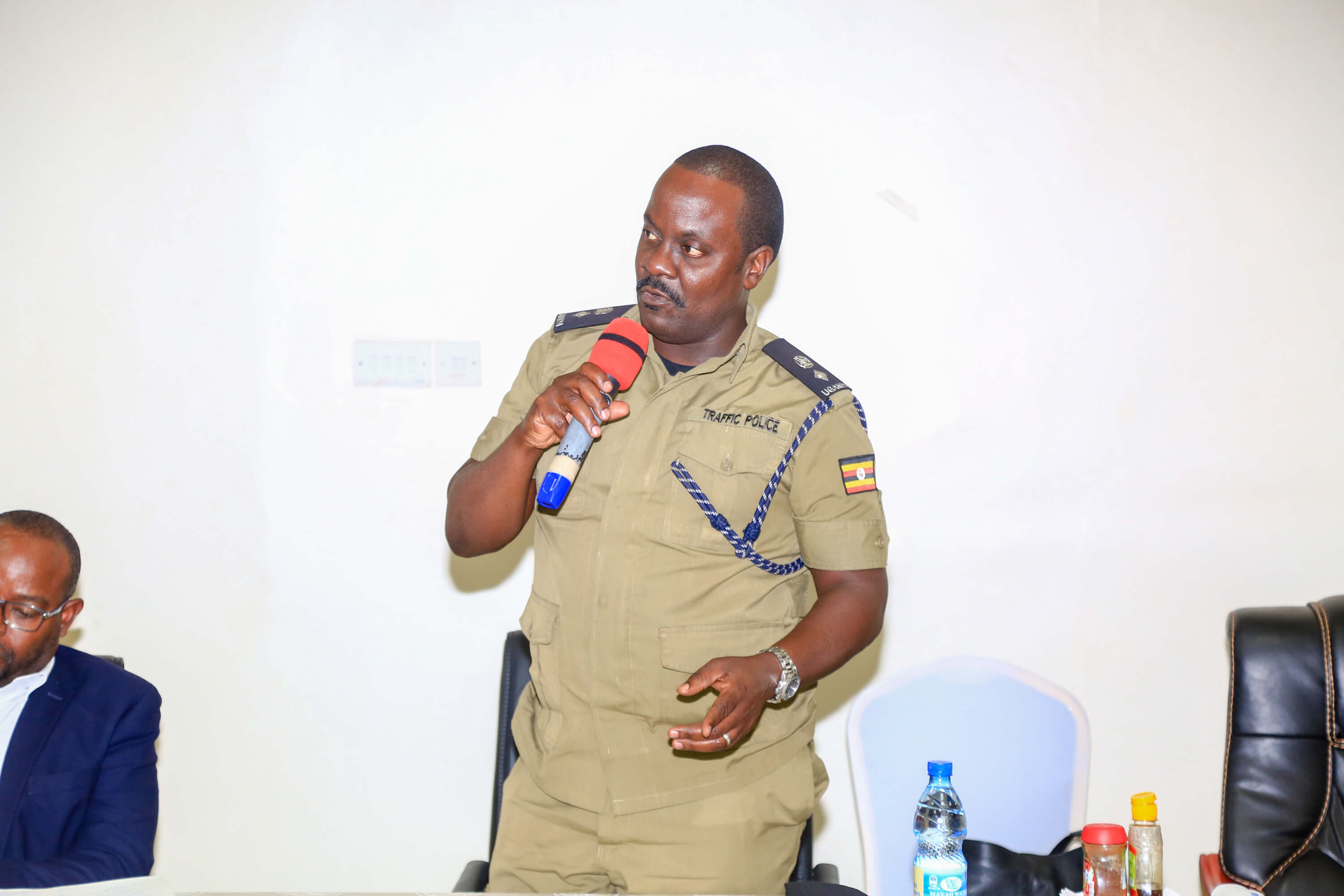
The KCCA Deputy Executive Director Eng David Luyimbazi, asked for the setting up of a working committee about public transport with the Ministry of Kampala taking the lead.
Mustafa Mayambala, the chairman of Uganda Transport Development Agency (UTRADA) said government is losing a lot of revenue because of divided voices about public transport.
“There is need for clear strategy and instructions given should not be clashing. One leader, says taxi operators should pay taxes, another says they shouldn’t. This should not be happening, there should be uniform communication from the leaders,” Mayambala said.
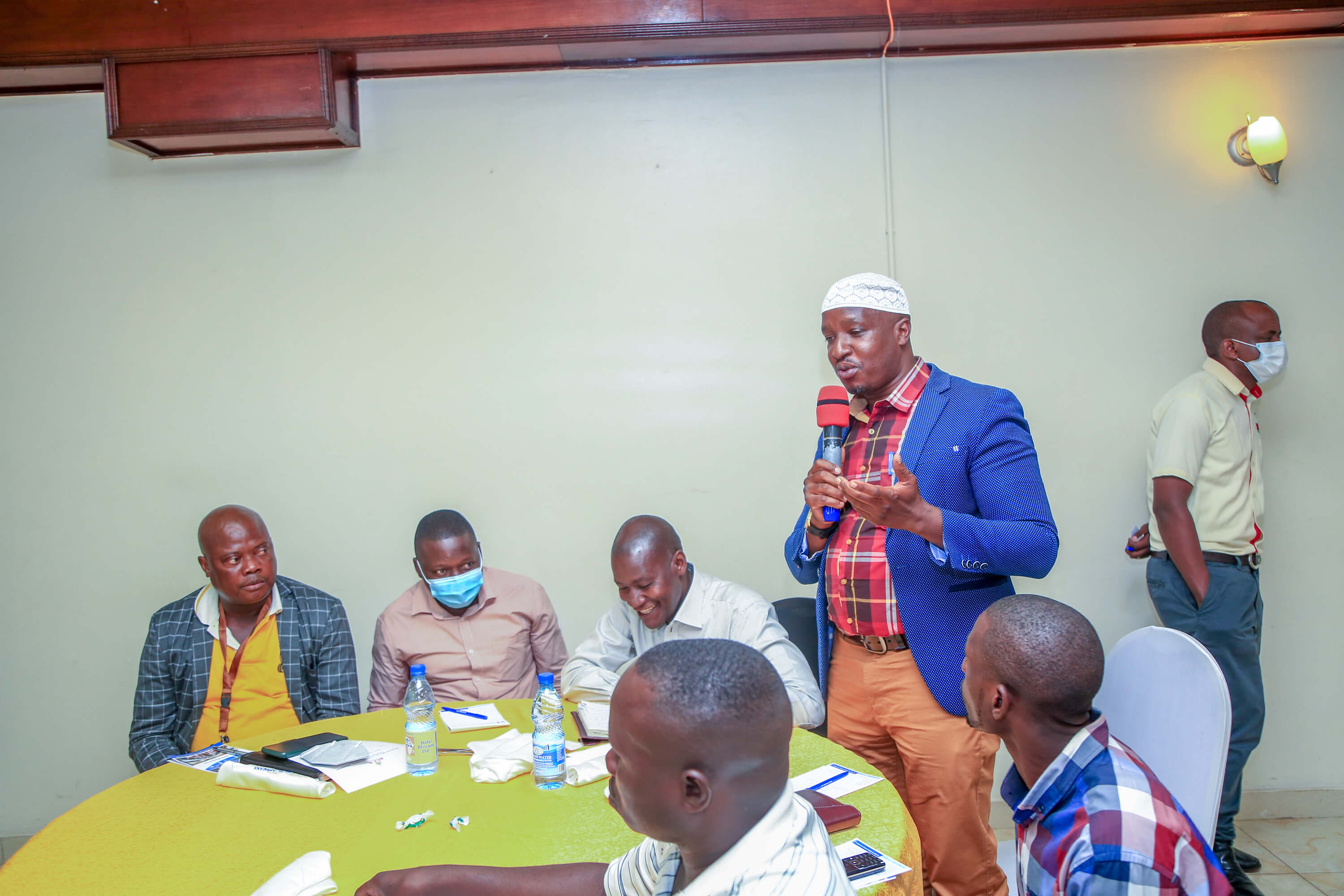
Andrew Bugembe, a chairperson of Boda Boda from Kawempe asked KCCA to do more senstisation about public transport regulations and its benefits.
“If you want a smooth way of formalizing boda boda sector you have to sensitize us. This will help us understand why it is important to have a smart city,” Bugembe said.
Kampala is a city with a daily work force of over 4 million people commuting to and fro work. The city relies on informal systems, like 'taxis' which are really 14-seater minibuses and 'boda-bodas. It is a city faced with rapid growth in motor traffic compounded with inadequate transport infrastructure and the need for an improved public transport is must have.
News & Announcements
19th, December 2025
18th, December 2025
17th, December 2025
16th, December 2025
15th, December 2025
11th, December 2025
10th, December 2025
6th, December 2025
5th, December 2025
4th, December 2025



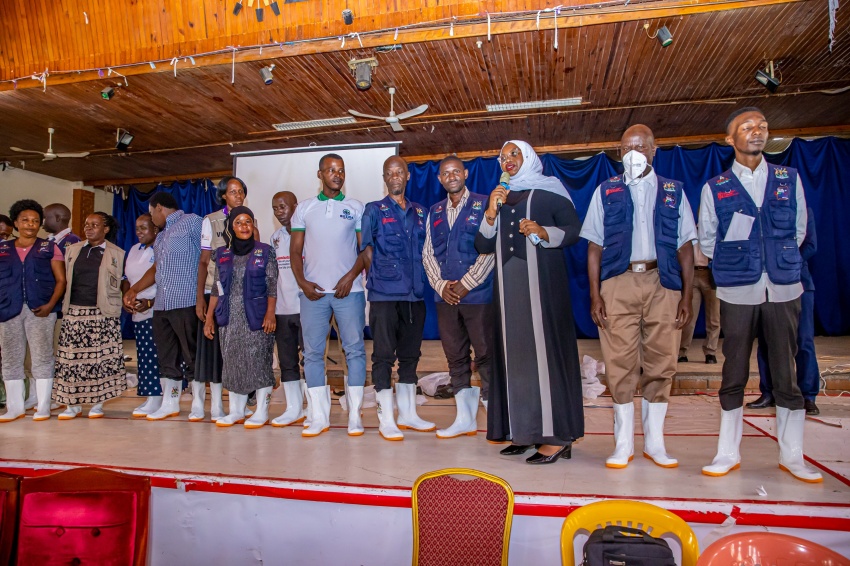

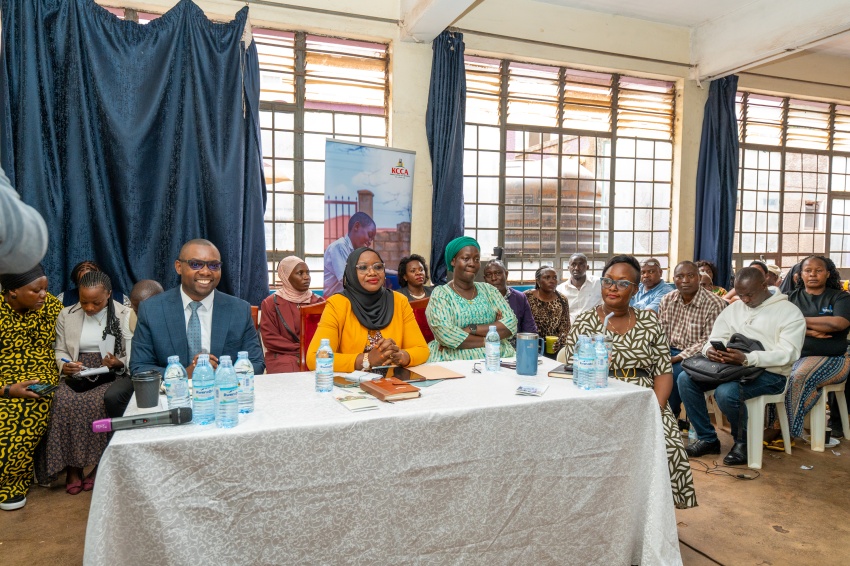

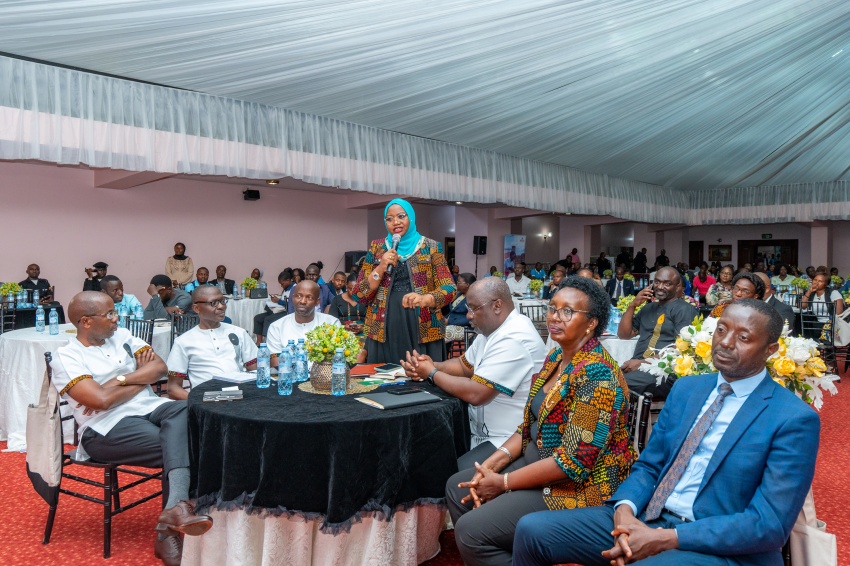

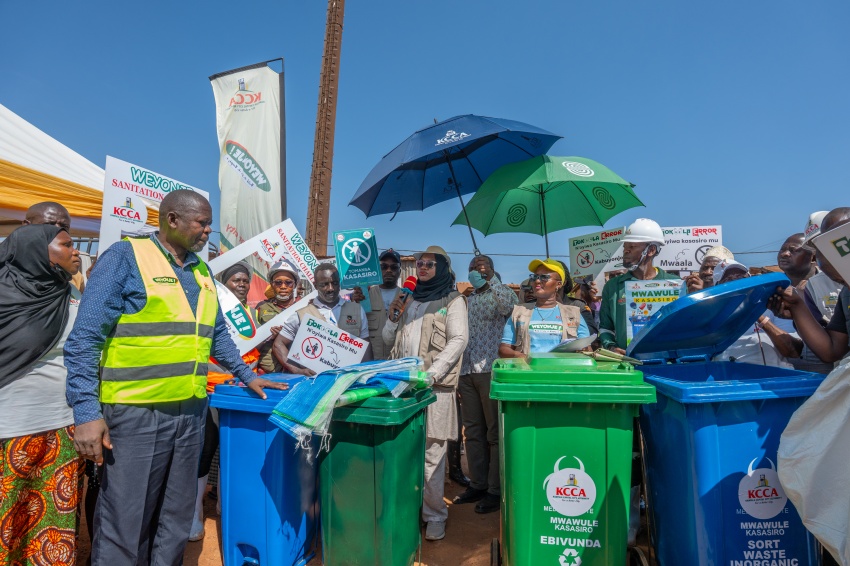

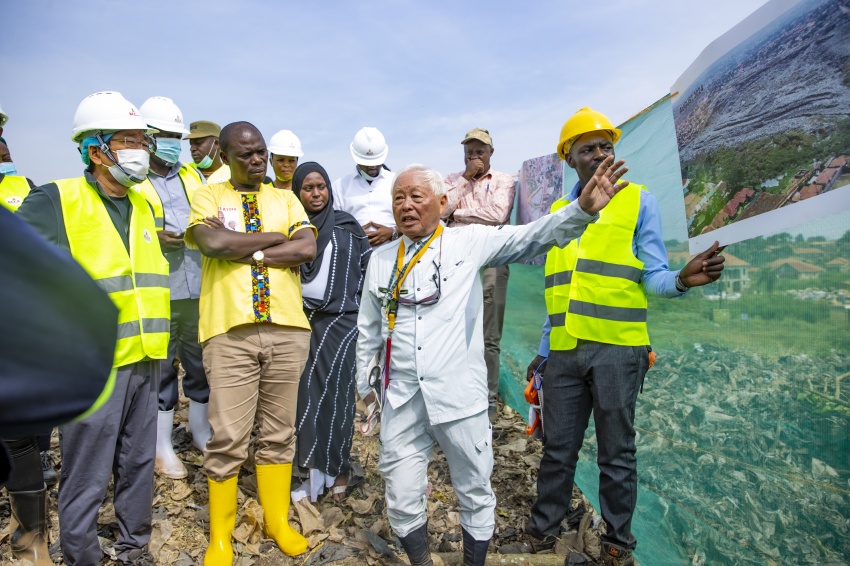









Development partners